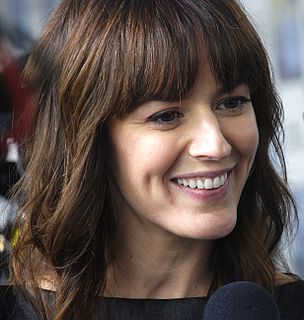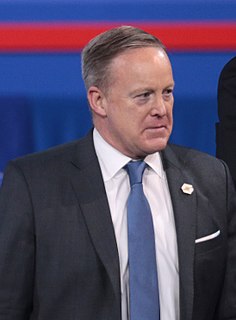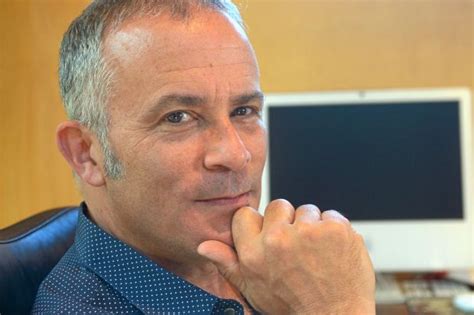A Quote by Charlie Brooker
I'm trying to think overall. Some of our stories [Black Mirror], I think you're right in that they don't tend to have a message.
Related Quotes
I think that people don't make the most of their lives. So, you know, for me, it seems like it's the beginning of me rattling the cage, of making some people nervous. And people are strategically trying to do things to mute my voice in some way or make me look like I'm a lunatic or pinpoint the inaccuracies in my grammar to somehow take away from the overall message of what I'm saying.
I think the 'New York Times' reviews overall tend to overlook popular fiction, whether you're a man, woman, white, black, purple or pink. I think there are a lot of readers who would like to see reviews that belong in the range of commercial fiction rather than making the blanket assumption that all commercial fiction is unworthy.
I think most people aren't really privy to how stories are developed and what stories are - make it to the front page or to the mainstream media, whether it's in print or in broadcast. And I think they'd be shocked and disappointed to see some of the bias that exists in some of the stories that don't get told - or the manner in which they are told.
When movies tend to start to preach to me, I tend to shut them off, whether I agree with the message or not. I don't think the job of art is to preach, I think it's to ask questions and make people aware of differences and different ways of looking at things. That's what I want to do, anyway. Whether I'm successful or not, that's up to history.
Yet again, an ancient answer echoes across the centuries: Listen! Listen to stories! For what stories do, above all else, is hold up a mirror so that we can see ourselves. Stories are mirrors of human be-ing, reflecting back our very essence. In a story, we come to know precisely the both/and, mixed-upped-ness of our very being. In the mirror of another's story, we can discover our tragedy and our comedy-and therefore our very human-ness, the ambiguity and incongruity, that lie at the core of the human condition.
What does it matter, if we tell the same old stories? ...Stories tell us who we are. What we’re capable of. When we go out looking for stories we are, I think, in many ways going in search of ourselves, trying to find understanding of our lives, and the people around us. Stories, and language tell us what’s important.
































